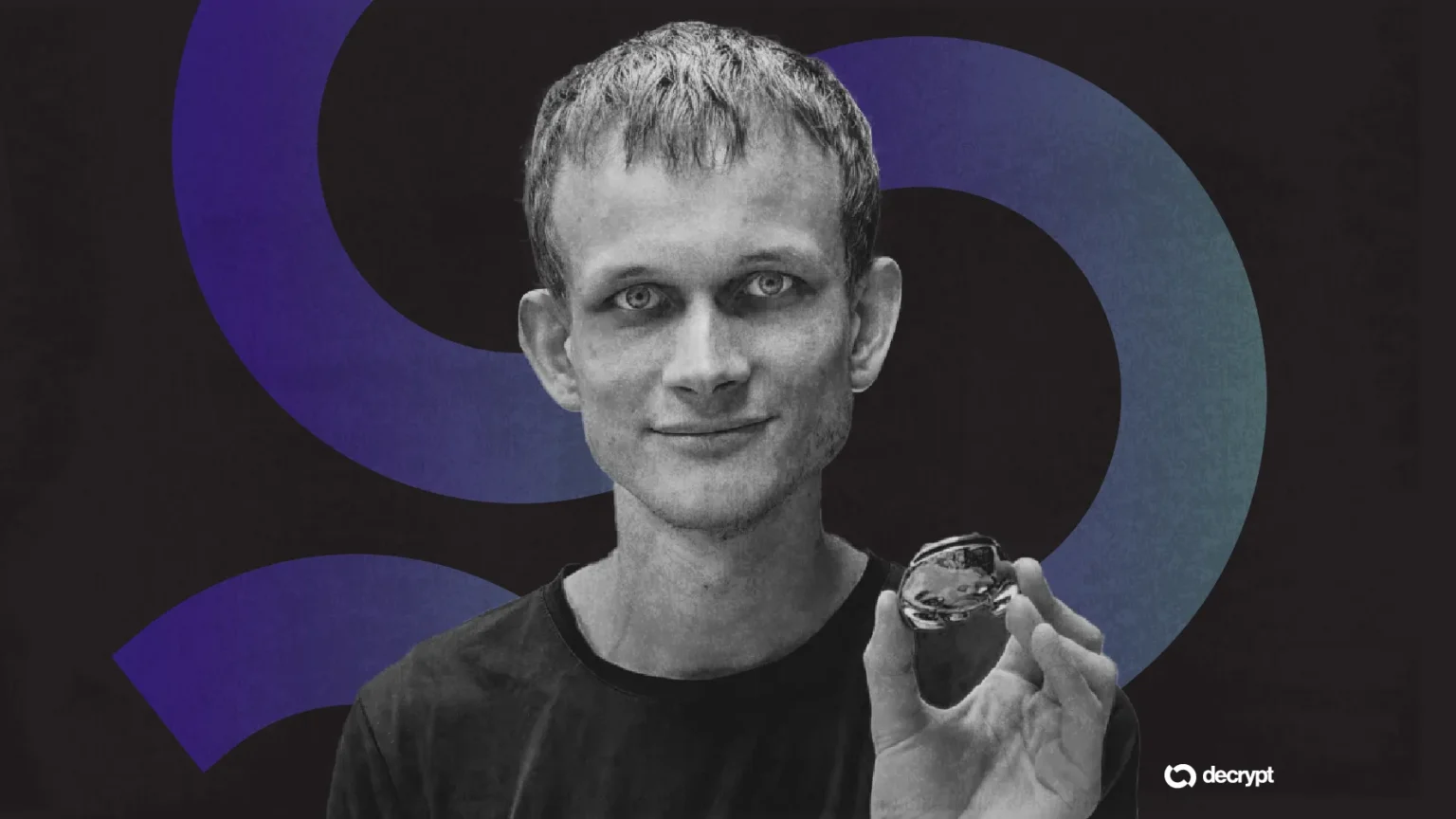Ethereum: A Beacon of Decentralization Amidst the FTX Controversy, According to Vitalik Buterin
Key Takeaways
In the aftermath of FTX’s collapse, the cryptocurrency community has been enveloped in debates and discussions about trust, ethics, and the inherent architecture of blockchain technologies. Amidst this backdrop, Ethereum co-founder Vitalik Buterin has positioned Ethereum as the antithesis of Sam Bankman-Fried’s FTX, highlighting the stark differences in philosophy and execution between Ethereum and the fallen crypto exchange.
The FTX Downfall: Centralized Failures
FTX, under the stewardship of Sam Bankman-Fried, emerged as one of the largest cryptocurrency exchanges, gaining the trust of investors and users worldwide. However, the apparent success story unraveled dramatically in late 2022 when the platform faced a liquidity crunch and subsequently filed for bankruptcy. The mismanagement of user funds, undisclosed financial leveraging, and risky fiscal dealings that came to light painted a picture of a centralized platform gone awry.
FTX’s implosion was not just a financial debacle but also a significant blow to the credibility of crypto markets. This scenario has become a case study in the risks associated with centralized financial systems, where ultimate control lies in the hands of a select few.
Ethereum’s Ethos: Decentralization and Openness
Contrary to the centralized model embodied by FTX, Ethereum was founded on principles of decentralization and transparency. Speaking on various platforms, including a notable article on Decrypt, Buterin has emphasized how Ethereum seeks to eliminate such points of failure by distributing both control and responsibility across a vast network of participants.
Ethereum, as a decentralized platform, supports smart contracts and decentralized applications (DApps) that run without any downtime, fraud, control, or interference from a central authority. This foundational principle is a stark contrast to the model operated by FTX, which relied heavily on the decisions of its top executives without adequate oversight or accountability.
Buterin’s Vision and Commitment to Decentralization
Vitalik Buterin has been a vocal critic of centralization in the blockchain space. His comments post-FTX collapse reiterate his and Ethereum’s commitment to a decentralized paradigm where similar failures are inherently less likely. In Ethereum’s model, the power and control are spread across all users and stakeholders, minimizing the risks of corruption and mismanagement that can plague centralized entities.
The Future of Ethereum and Lessons from the FTX Saga
As the crypto community continues to digest the lessons from FTX’s downfall, Ethereum’s ongoing developments and Buterin’s teachings present a pathway focused on security, user sovereignty, and systemic health of the network. Ethereum’s transition to proof-of-stake via the recent Merge stands as a testament to these commitments, potentially offering improved scalability, security, and energy efficiency.
Moreover, Ethereum’s progressive decentralization highlights a governance model that many believe could be the antidote to the vulnerabilities seen in systems like FTX. The emphasis on open participation and consensus-driven decision-making in Ethereum aims to build trust and resilience that centralized systems can seldom guarantee.
Conclusion
While the FTX catastrophe serves as a bleak reminder of the dangers of centralized control in the cryptocurrency world, Ethereum’s framework proposes a different narrative—one that champions decentralization and collective governance. As Vitalik Buterin makes clear, the fundamental distinctions between Ethereum and FTX are not merely technical but are deeply ideological. For the broader blockchain community, Ethereum’s model not only inspires alternative ways of organizing digital interactions but also suggests a more sustainable and ethical blueprint for the future of finance.








